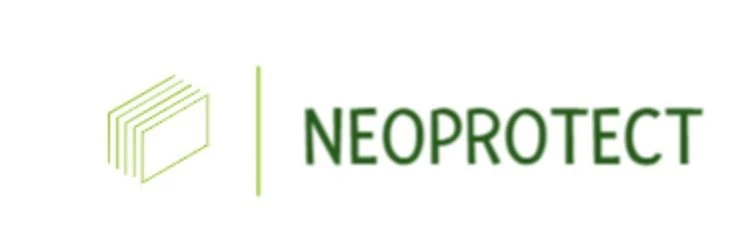
In March 2022 Titania was awarded NEOPROTECT – a research and innovation project to develop and validate improved coatings that comply with the Registration, Evaluation, Authorisation and Restriction of Chemicals (REACH) regulations to protect aluminium parts for the aeronautical and railway sectors, based on the incorporation of encapsulated corrosion inhibitors.
The main objective is to establish a system of protection against corrosion of aluminium parts by eliminating hexavalent chromium due to its high toxicity, which leads to risks when handling and to danger for the environment. The alloys to be used are AA2024 aluminium alloys for the aeronautical sector and AA6061 T6 for the railway sector. The development of the project focuses on the incorporation of encapsulated corrosion inhibitors, in particular, LDH and/or SiNC type structures and Vox and/or MBT inhibitors. These encapsulated inhibitors will be incorporated in the anodising and anaphoresis stages. The expected results include the establishment of a chromium-free protection system to meet market requirements. In addition, the optimum application and testing procedures for this system will be established.
To meet this challenge, a multidisciplinary R&D+i consortium has been built and consolidated, made up of three companies from two countries, which brings together the necessary skills and knowledge to cover the entire value chain of the project. Specifically, the consortium is made up of:
Chemplate Materials SL (Spain), project leader and supplier of chemicals and equipment for surface treatment companies.
Smallmatek (Portugal), partner company and supplier of “smart” additives for corrosion protection.
Titania (Spain), partner company and supplier of tests for the aeronautical industry.
In this project, Titania will focus its efforts on establishing the application methodology for the new formulations, scaling up the processes, testing the specimens and assessing the reparability of the coatings.
NEOPROTECT is framed within the HORIZON 2020 call and is financed with funds from the Centre for the Development of Industrial Technology (CDTI), Eureka Eurostars and co-financed with Next Generation EU Funds within the Ministry of Science and Innovation’s Plan for Recovery, Transformation and Resilience.


